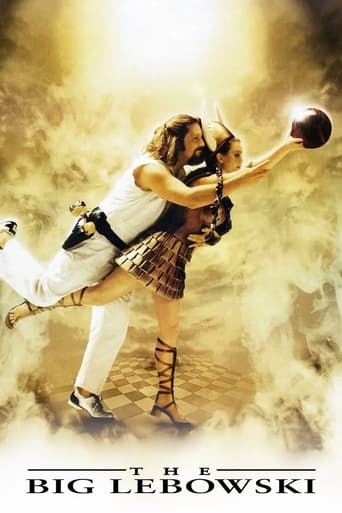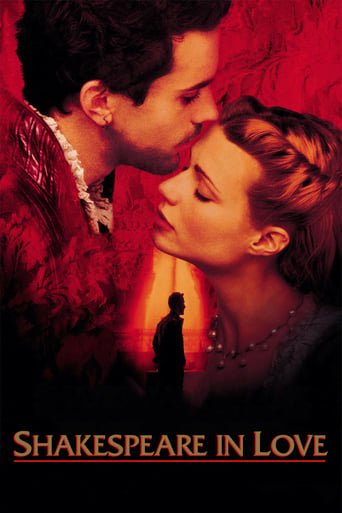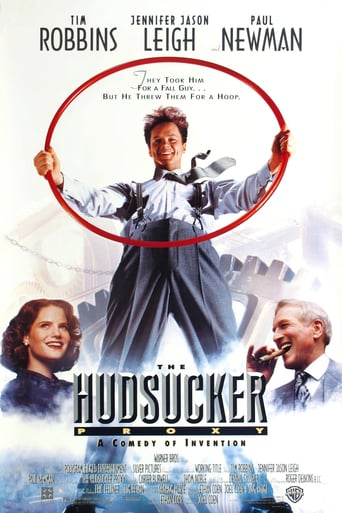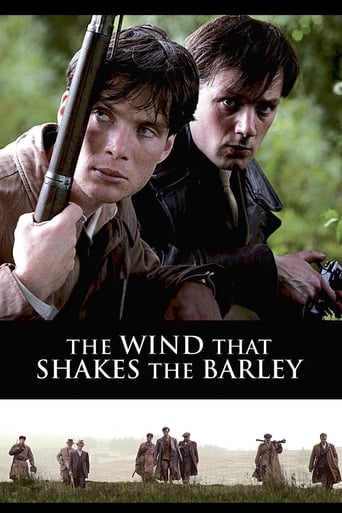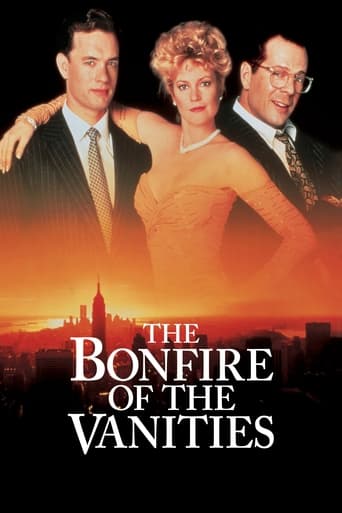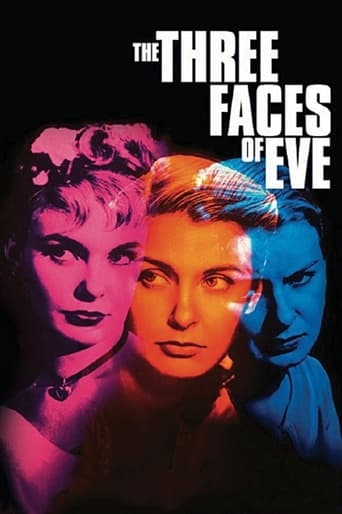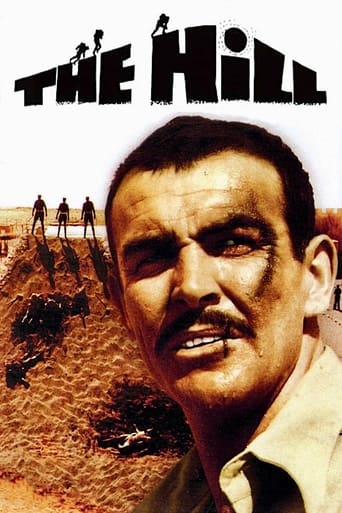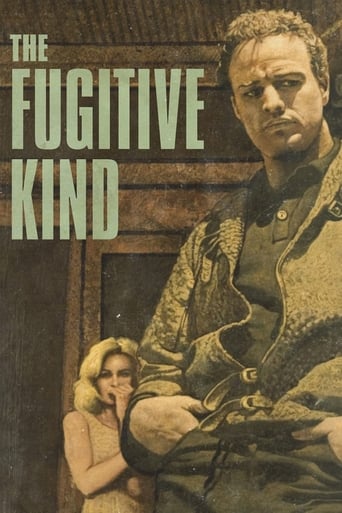


The Fugitive Kind
Val Xavier, a drifter of obscure origins, arrives at a small town and gets a job in a store run by Lady Torrence. Her husband, Jabe M. Torrance, is dying of cancer. Val is pursued by Carol Cutere, the enigmatic local tramp-of-good-family.
-
- Cast:
- Marlon Brando , Anna Magnani , Joanne Woodward , Victor Jory , Maureen Stapleton , R. G. Armstrong , Emory Richardson


Similar titles

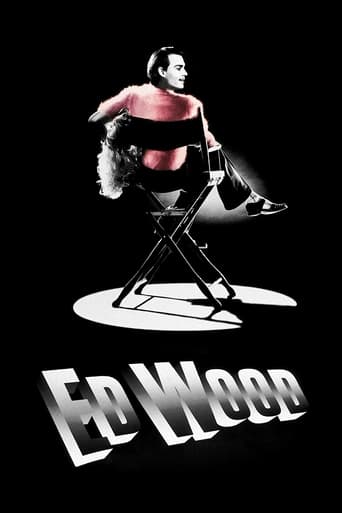




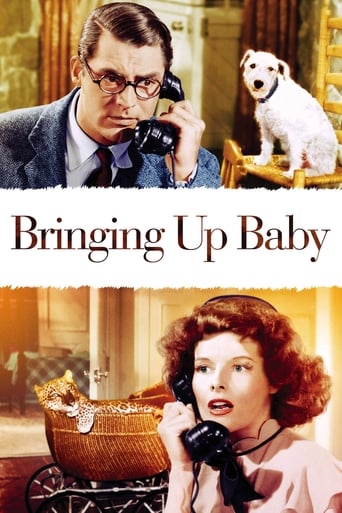

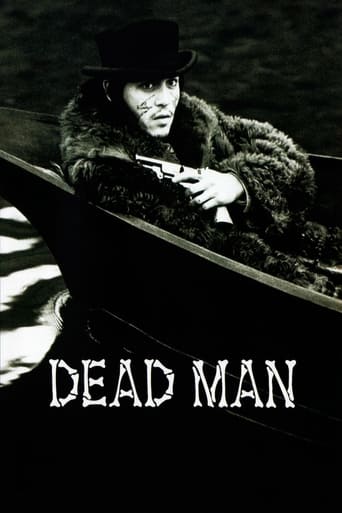
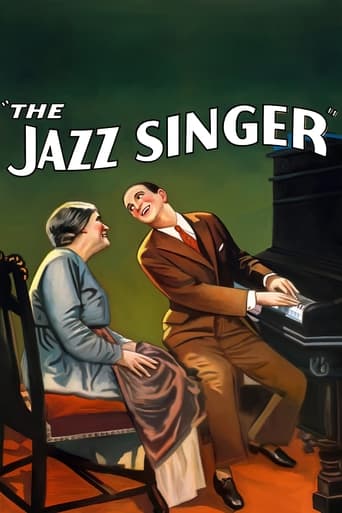
Reviews
Wow! Such a good movie.
Very very predictable, including the post credit scene !!!
best movie i've ever seen.
It’s not bad or unwatchable but despite the amplitude of the spectacle, the end result is underwhelming.
Based on the play "Orpheus Descending" by Tennessee Williams directed by Sidney Lumet with an exceptional cast: Marlon Brando, Anna Magnani, Joanne Woodward, Maureen Stapleton and Victor Jory. I saw it for the first time when I was still in my teens and I had an opaque, sticky memory of the film so when somebody suggested to see it on DVD I knew we were in for an opaque, sticky evening but, as it happens, I was dead wrong. "The Fugitive Kind" is riveting with an opening monologue by Brando that is astonishing. A 1960 Brando when he had still, I imagine. hopes to be the actor, the man he wanted to be. There is an animal innocence in his eyes in his moves. The magnificent Magnani, who learned her lines phonetically because she didn't know English presented Brando with a challenge as an actress and as a woman. I hear it wasn't pretty but the result is a feast for the eyes and the ears. The film may not be perfect but I don't think the original material was either so what we got here is a unique opportunity to see this enormous artists giving their whole. That alone makes it a collectors item.
The Fugitive Kind (1960)This is one of those great movies that slips its way into that big gap between the great Hollywood Golden Age to the great New Hollywood of the late 1960s. An awful lot of films from the period between (1955-65) are weak or even downright bad, big budgets and all. The Hollywood gems in that time are usually a little gut wrenching, and many are based on plays, or push political issues (I'm thinking of "The Apartment" and "The Manchurian Candidate"). The famous directors coming to their own during time include Elia Kazan and Robert Wise, and of course Sidney Lumet, who directed this one.This is all working class, plainspeaking, emotive material. Right from the get-go with leading man Marlon Brando doing a long take as he stands before a judge, we are filled with heart-wrenching stuff, people who want to be something and don't know how, or people with big hearts that are broken or dirty. The cast, beyond Brando, is terrific: Joanne Woodward as a young floozy with a sharp sense of independence, Maureen Stapleton as a simple and faith filled wife of the sheriff, and Anna Magnani, intense and troubled but superior in her own out of place way.There are powerful displays of white narrow-mindedness (call it bigotry, but it is largely aimed at just anyone they don't like) that don't quite fall into clichés, there is love that shouldn't be and that never is, there is old world morality and inbred local gossipy immorality. Things are bound for collision even by twenty minutes in, and there are innuendoes and hidden histories waiting to blossom. Lumet has a knack for the serious, with his 1957 breakthrough film "12 Angry Men" a template for his career. As lively and even crazy as this movie is, it's also probing deeply into human woe and maladjustment (often deliberate). The core of the writing belongs to Tennessee Williams, who of course is all about inner troubles and outward misunderstood or mistaken actions. There is nothing superficial here, not in the acting, the filming, or the scenes (set in the South but filmed near Saratoga Springs, New York). And if the wet, dark nights scenes and interiors with people quarreling and fighting aren't enough to suck you in, the story, about wanting to live, nothing more, is beautiful and important. All four of the main characters are deeply good people, and all flawed in small but debilitating ways. Which should sound familiar. As over the top as it sometimes seems, you'll identify with the position some of the people end up in. Brando is temperamental but patient and with a profound sense of justice. Woodward is a free spirit misunderstood (and punished) by the uptight and hypocritical society around her. The themes are frank for 1960, including an implication of a male so manly and irresistible the women want him (and get him) even when it's completely wrong. And when it's right. The sexuality, partly pumped up by the writing of the openly gay playwright (Williams), is all over Brando's face and in his scenes. And this is his movie.High high drama, but from within. And explosive. Don't miss it.
"I need you to live. To go on living." Those lines, or similar, have been uttered by every actress since talkies.Watch what Anna Magnani (speaking phonetic English) does with them in closeup, in that amazing scene with Marlon Brando, to see where two acting legends began.In fact, every scene with Brando and Magnani is a revelation of what REAL screen acting is.Add Victor Jory's masterful, monsterful performance as Jabe.Magnani, Brando and Jory (brief though his screen time) make this show work.Sidney Lumet's direction is wonderful. But it's those three classic performances that elevate "The Fugitive Kind" into genuine art.Tennessee Williams, by then, had already become a mannered, pretentious, self-consciously "poetic" playwright.The 1989 Broadway production starring Vanessa Redgrave was the final, long-polished and best-realized production of "Orpheus Descending." Redgrave was astonishing and heartbreaking. She played Lady Torrance barefoot. You could hear every trace of her character's Italian birth, her family's living in Argentina, and finally landing in the American south. How Redgrave did it, I'll never know.The play is ridiculous for its strained melodrama and forced Southern Gothic "poetry." The film, "The Fugitive Kind," eliminated at least SOME of over-the-top silliness, especially in the last act. The film is believable, where the play's climax is ludicrous. (Though Redgrave somehow made it work.) But the film is still stuck with the artificial "poetry" delivered by Joanne Woodward (game, but overacting), Maureen Stapleton and most of the supporting players.Within the claptrap, like diamonds in dung, are the electrifying performances of Brando (more subtle and nuanced than in "Streetcar Named Desire") and Magnani (who simply has to be seen in this role to be believed). And Jory.The last third in particular, which largely focuses on Magnani and Brando, is a jaw-dropping display of what great actors can do with even so-so, pretentious, dialogue.That's followed, unfortunately, by a Joanne Woodward coda that's completely unnecessary and pathetically "artsy" (dialogue-wise) and serves, sadly, to expose her as a less talented actor than her co-stars.Magnani and Brando, on screen together, in closeups, even with this script, are beyond compare.
Mixing Brando and Tennessee Williams will always result in something both languid and explosive. "The Fugitive Kind" serves up the genuine article in this typically bizarre, implausible yet intensely watchable film. Sure, it's slow at points and some of drama is over the top, but the entire cast inhabits their characters with gusto even though most of them are more pathetic than sympathetic. I particularly liked Victor Jory's portrayal of the sinister sleazy perpetually-sweating Mr. Torrance.But the active ingredient here is Anna Magnani. Earthy, volatile and relentless in her ferocity. She tears up the scenery (almost literally) in every scene in which she appears, even when she's doing nothing more than staring at what she seemingly struggles to comprehend. It's abundantly apparent why she was a favorite of Williams. She's the one to watch!



